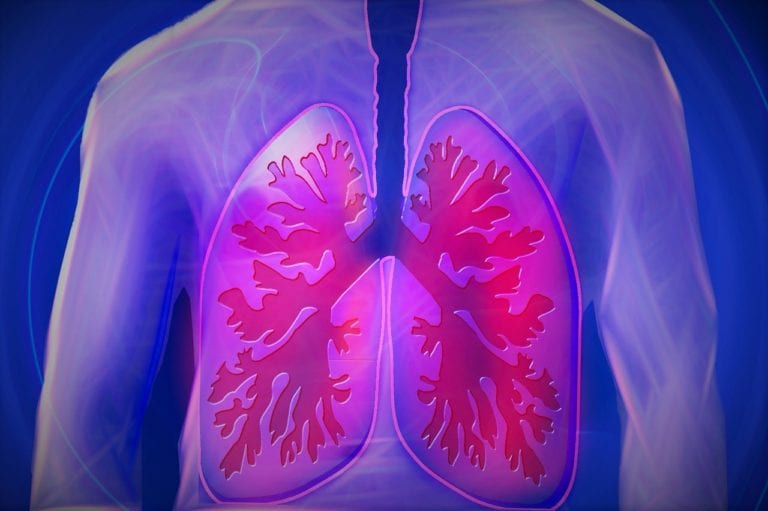Collapsed Lung: A Potential Early Indicator of Mesothelioma
Experiencing a collapsed lung may be an early sign of mesothelioma. This is the finding of a study published in the American Journal of Clinical Pathology. Early Diagnosis is Important Mesothelioma is a rare cancer caused by asbestos that is hard for doctors to diagnose. Many of the symptoms for mesothelioma could also be caused by other, more common, diseases. It usually requires many tests to diagnose mesothelioma. Doctors usually start with a physical exam, then to an imaging scan like an X-ray or CT scan. If they see signs of mesothelioma, they will perform a biopsy to test a sample of tissue for cancer. The delay is diagnosis also delays treatment, which has a negative impact on survival. Investigating…




